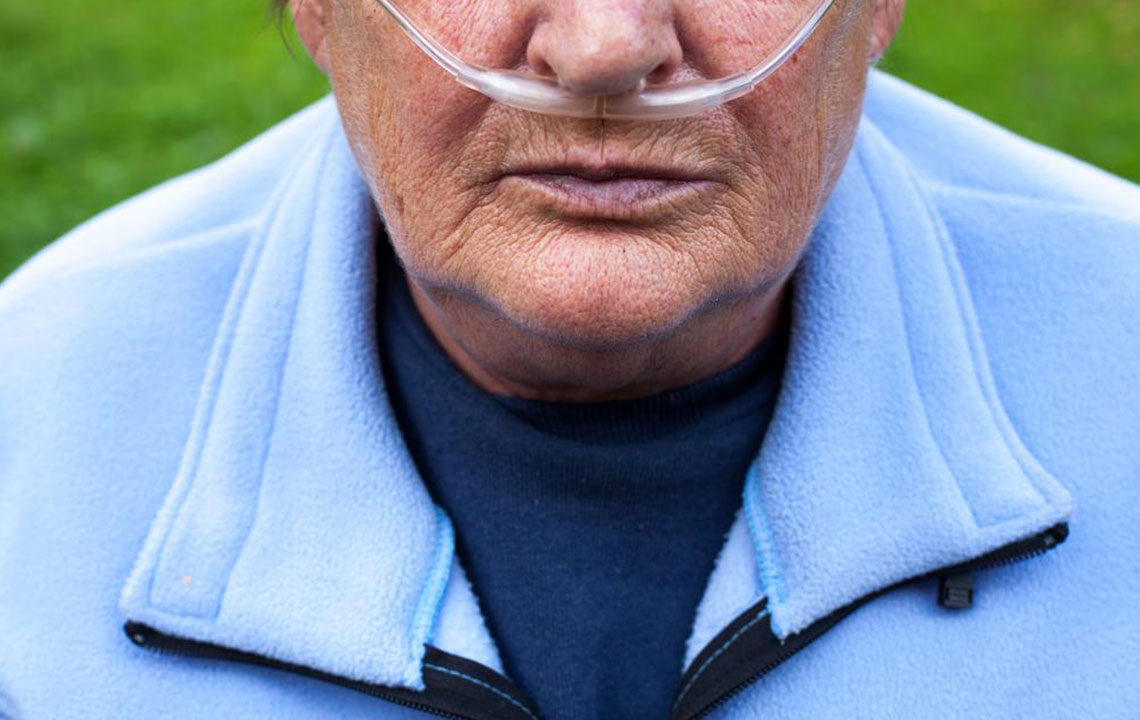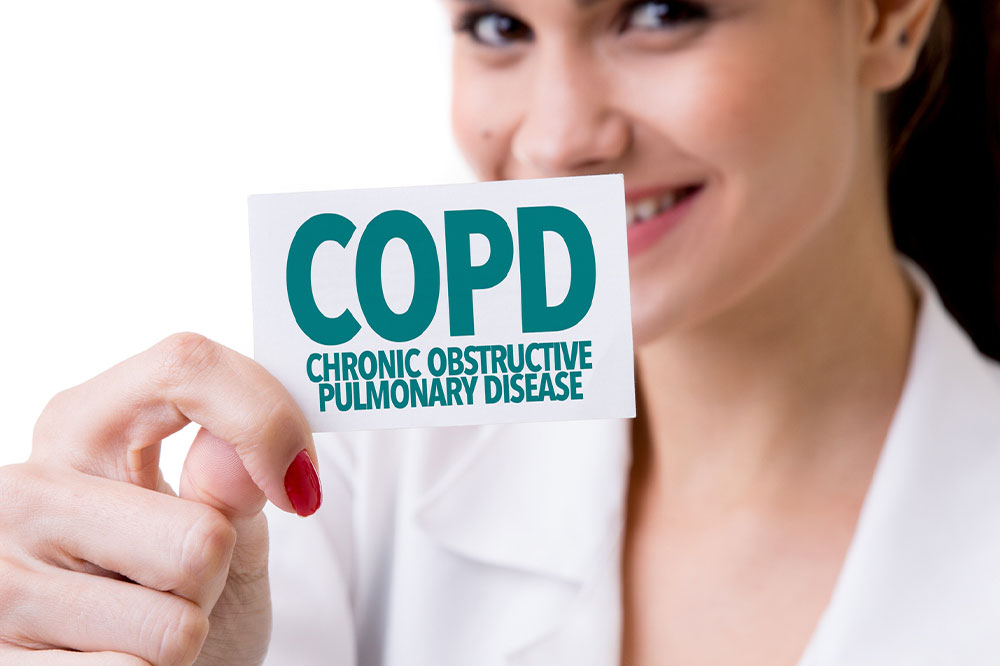Effective Strategies for Managing COPD Symptoms and Preventing Complications
Discover effective COPD management strategies including diagnosis, lifestyle modifications, medications, oxygen therapy, and surgical options. Proper treatment can improve quality of life and prevent complications in COPD patients.

Effective Strategies for Managing COPD Symptoms and Preventing Complications
Chronic Obstructive Pulmonary Disease (COPD) is often challenging to diagnose early, as symptoms can be similar to less severe conditions like general deconditioning or other lung diseases. Many cases go undetected until the disease advances, reducing treatment effectiveness. Diagnosis involves tests, examination of symptoms, and review of medical and family history, especially exposure to lung irritants such as cigarette smoke.
COPD management begins once diagnosis is confirmed.
diagnostic tests include:
Pulmonary function tests
Chest X-ray
CT scan
Blood gas analysis
Laboratory evaluations
Treatment approaches vary based on disease severity:
For mild cases, lifestyle changes such as quitting smoking and light therapy may suffice. More advanced stages require comprehensive treatment strategies.
Quitting smoking
Stopping smoking is crucial for COPD treatment. Seek medical advice for strategies to aid cessation and avoid secondhand smoke exposure.
Medications
Different medications are prescribed to alleviate symptoms and prevent complications, including:
Bronchodilators (e.g., salmeterol, tiotropium)
Inhaled corticosteroids (e.g., fluticasone, budesonide)
Combination inhalers (e.g., Symbicort, Advair)
Oral steroids
Phosphodiesterase-4 inhibitors (e.g., roflumilast)
Theophylline
Antibiotics
Additional treatments
Another approach involves lung therapies like oxygen therapy or pulmonary rehab. Surgery options for severe COPD include lung transplants, bullectomy, and lung volume reduction surgery.










